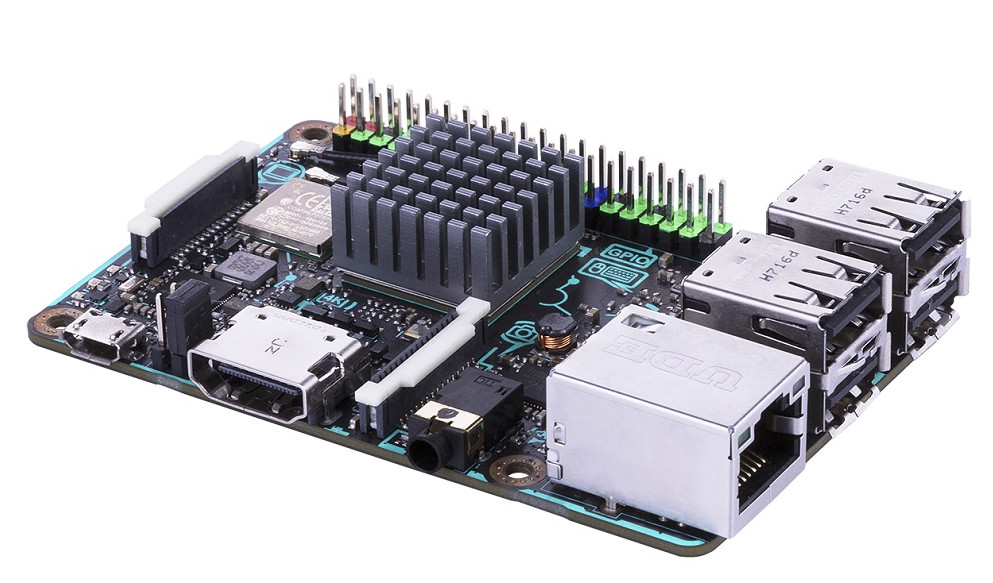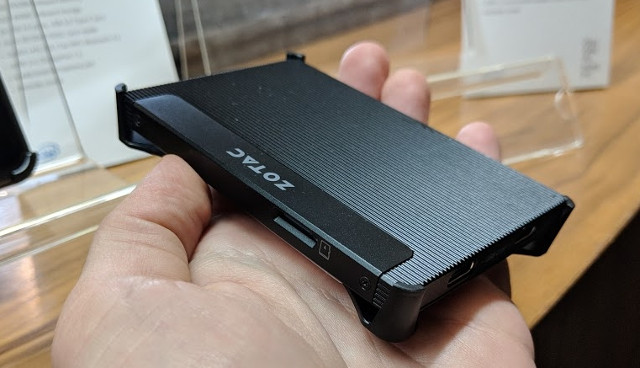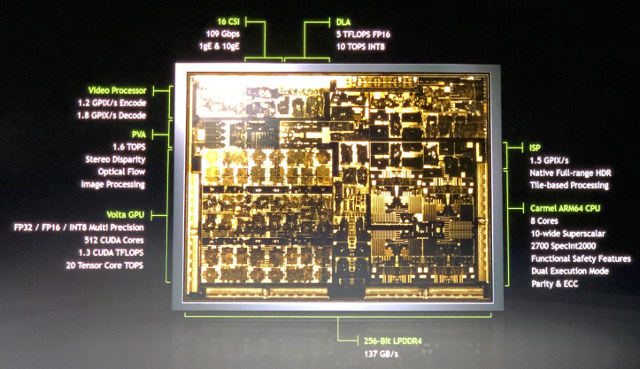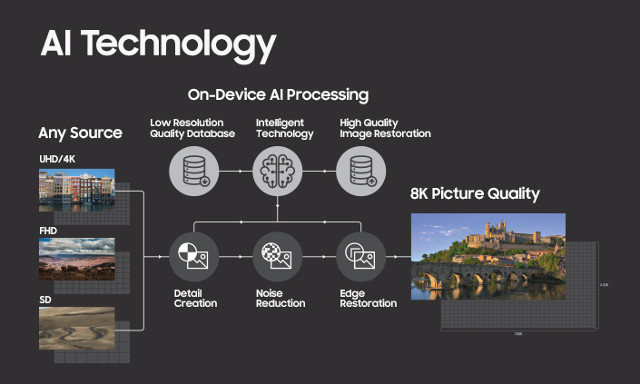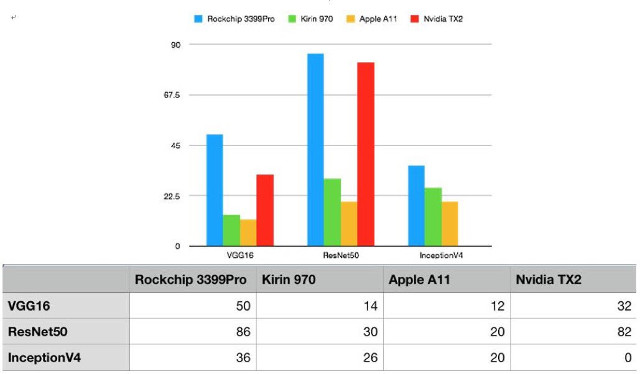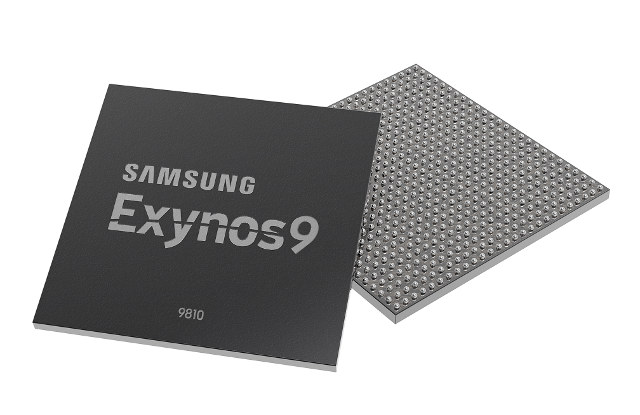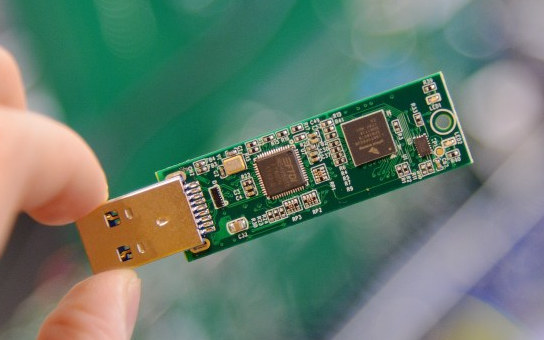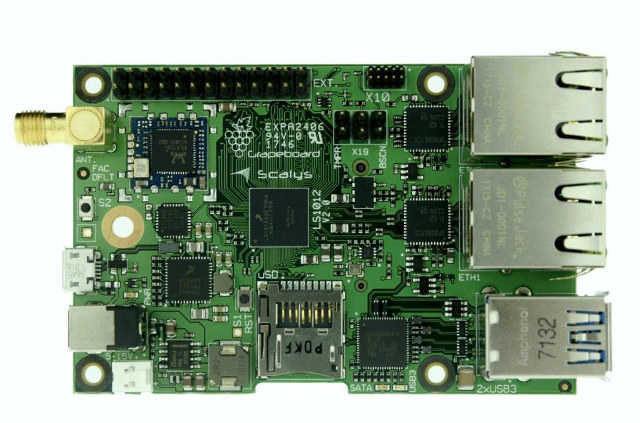ASUS Tinker Board generated a lot of buzz on this blog when it launched last year as a large company like ASUS entered the maker market with a Raspberry Pi 3 competitor with more powerful and 4K capable Rockchip RK3288 processor. The company has now announced an update at CES 2018 with Tinker Board S with the same features, except for the additional of 16GB eMMC flash and a few other minor changes. ASUS Tinker Board S specifications: SoC – Rockchip RK3288 quad core ARM Cortex A17 processor up to 1.8 GHz with Mali-T764 GPU supporting OpenGL ES 1.1/2.0 /3.0, and OpenCL 1.1 System Memory – 2GB dual channel LPDDR3 Storage – 16GB eMMC flash + micro SD slot Video output & Display I/F 1x HDMI 2.0 up to 3840×2160 @ 30 Hz with HDMI CEC 1x 15-pin MIPI DSI supporting HD resolution Audio – 1x 3.5mm audio jack with […]
ZOTAC ZBOX PICO PI226 & PI336 Gemini Lake Mini PCs Unveiled with Celeron N4000/N4100 Processor
ZOTAC is now showcasing their first Gemini Lake based mini PCs at CES 2018 with ZBOX PICO PI226 & PI336 models powered respectively by an Intel Celeron N4000 dual core processor, and Intel Celeron N4100 quad core processor. ZBOX ZBOX PICO PI226 The model is similar to ZOTAC PI225 reviewed by Linuxium a few weeks ago, and the company had to disable turbo mode in PI225 in order to keep temperature under control. The company placed it in the VESA mount for the event, and at first I though it may help with cooling, but Linuxium (see comments) tried with PI225, and heat dissipation was not improved. ZOTAC PI226 specifications: SoC – Intel Celeron N4000 dual core Gemini Lake processor up to 1.1/2.6 GHz with 12EU Intel UHD Graphics 600 @ up to 650 MHz; 6W TDP System Memory – 4GB LPDDR4 Storage – 32GB eMMC flash, micro SD card […]
NVIDIA Xavier AI SoC Now Sampling, DRIVE IX & DRIVE AR SDKs Announced
Well over a year ago, NVIDIA introduced Xavier, their next generation self-driving and artificial intelligence processor, with eight custom ARM cores, a 512-core Volta GPU, and support for 8K video encoding and decode. A few months ago, the company provided some more details and unveiled NVIDIA DRIVE PX Pegasus A.I. computer for level 5 autonomous driving with two Xavier processors and two NVIDIA next-generation GPUs delivering a total 320 TOPS of computing power. For that it’s worth, 320 TOPS is about 3200 times more powerful than Intel Movidus Neural Network Compute Stick. CES 2018 has now started, and NVIDIA made several announcement related to gaming and automotive markets, and confirmed Xavier is now sampling to select customers. What’s really new from the announcement is the addition of two new SDKs (software development kits) for the processor beside the original NVIDIA DRIVE AV autonomous vehicle platform: DRIVE IX – Intelligent experience […]
Samsung 8K QLED TV Uses Artificial Intelligence to Upscale SD Content to 8K Resolution
You’ve probably read how artificial intelligence can be applying to modify photos, either repair them, or change the weather in photos from sunny to rainy, and vice versa. Samsung unveiled an 85″ 8K QLED TV right before CES 2018, which should be news by itself, but that I found really intriguing is the TV’s artificial intelligence capabilities that will upscale standard and other resolution content to 8K resolution. The TV will take SD, Full HD or 4K sources runs it through machine learning algorithm to re-create details, reduce noise, and restore edges to bring them back to 8K picture quality. Not your usual “dumb” upscaling 🙂 The TV is said to be equipped with a database that studies and analyzes millions of images in advance to transform low-resolution content into high-resolution, and capable of selecting the optimal filter to convert the source to higher quality. Samsung then explains the images […]
Rockchip RK3399Pro SoC Integrates a 2.4 TOPS Neural Network Processing Unit for Artificial Intelligence Applications
Rockchip RK3399 (aka OP1) SoC was launched in 2016 with an hexa core Arm Cortex A72/A53 processor, Mali-T860MP4 GPU, support for 4K video decoding, and high speed interfaces like USB 3.0 and PCIe, as well as Gigabit Ethernet. The processor is found in Chromebooks, TV boxes, development boards, and other devices. The company has unveiled an upgraded “Pro” version of the processor at CES 2018. Rockchip RK3399Pro appears to have most of the same features as its predecessor but adds a neural network processing unit (NPU) delivering up to 2.4 TOPS for artificial intelligence and deep learning applications. The company claims that compared to traditional solution, the computing performance of typical deep neural network Inception V3, ResNet34 and VGG16 models on RK3399Pro is improved by almost one hundred times, and power consumption is less than 1% than A.I. solutions implemented using GPU acceleration. Based on the information provided in the […]
Samsung Announces Exynos 9810 Octa-core Processor Optimized for AI and Multimedia Applications
Samsung Electronics has just announced the launch of Exynos 9 Series 9810 (Exynos 9810) manufactured with Samsung’s 10-nm FinFET process, featuring an eight core processor clocked up to 2.9 GHz, a gigabit (1.2 Gbps) LTE modem and deep learning-enhanced image processing. Single core performance is aud to be improved by two-fold, while multi-core performance gets a 40% improvement compared to the previous generation chip, which should be Exynos 8895. ARM Mali-G72 GPU is said to bring more realistic graphics along with 20% more performance. Samsung Exynos 9810 specifications with extra cache and memory info from Anandtech: CPU Quad core custom Exynos M3 @ up to 2.9GHz optimized for performance; 512KB L2 cache per core Quad-core Arm Cortex-A55 @ up to 1.9GHz optimized for efficiency; 128KB L2 cache per core GPU – Arm Mali-G72MP18 Memory – LPDDR4x (4x 16-bit @ 1794 MHz) Storage – UFS 2.1, SD 3.0 Display – Up […]
Laceli AI Compute Stick is a More Powerful & Efficient Alternative to Intel/Movidius Neural Compute Stick
Intel’s Movidius Neural Compute Stick is a low power deep learning inference kit and “self-contained” artificial intelligence (A.I.) accelerator that connects to the USB port of computers or development boards like Raspberry Pi 3, delivering three times more performance than a solution accelerated with VideoCore IV GPU. So far it was the only A.I USB stick solution that I heard of, but Gyrfalcon Technology , a US startup funded at the beginning of last year, has developed its own “artificial intelligence processor” with Lightspeeur 2801S, as well as a neural USB compute stick featuring the solution: Laceli AI Compute Stick. The company claims Laceli AI Compute Stick runs at 2.8 TOPS (Trillion operation per second) performance within 0.3 Watt of power, which is 90 times more efficient than the Movidius USB Stick that can deliver 100 GFLOPS (0.1 TOPS) within 1 Watt of power. Information about the processor and stick […]
Grapeboard Raspberry Pi Lookalike Comes with Dual Gigabit Ethernet, Two USB 3.0 Ports
Scalys is a startup founded in 2016 in the Netherlands by Sintecs in order to provide advanced high-performance embedded system solutions for automotive-, avionics-, defence-, industrial-, medical and telecommunication industries. So the company is rather new, but if you visit their website, you’ll find they already have several systems-on-module and single board computers (SBCs) based on NXP QorIQ processors. Grapeboard SBC is their latest product powered by NXP QorIQ LS1012A (LayerScape 1012A) single core SoC with 1GB RAM, and equipped with two Gigabit Ethernet interfaces, two USB 3.0 ports, an M.2 SATA connector, etc… that make it suitable for IoT applications such as sensor/IoT gateways, communication hubs, and secure edge devices. GrapeBoard specifications: SoC – NXP QorIQ LS1012A single core Cortex A53 processor @ up to 800 MHz with Packet Forwarding Engine System Memory – 1GB DDR3 Storage 64Mb (8MB) SPI NOR Flash for BCD and bootloader, 512Mb/64MB SPI NOR […]


